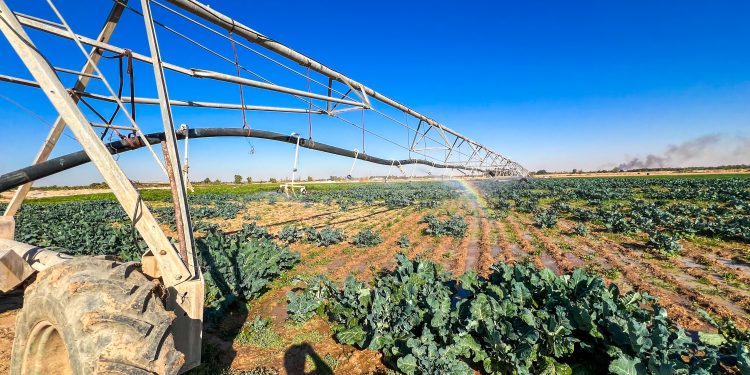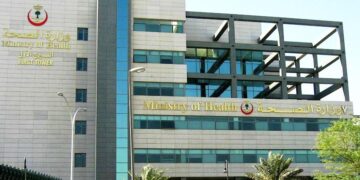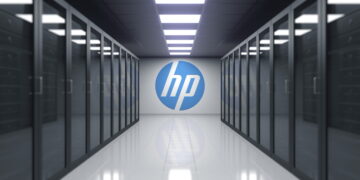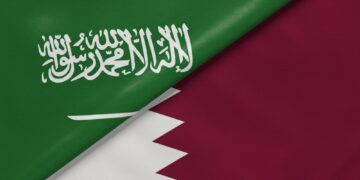The strategic framework of Saudi Arabia, known as Vision 2030, aims to transform the nation’s economy, with a strong emphasis on bolstering food security. This critical aspect of the vision includes ensuring a steady supply of both fresh and packaged food items, guaranteeing that citizens have consistent access to nutritious food choices.
An extensive initiative with an investment of US$10 billion is at the heart of this strategy, focusing on stabilizing the global food supply chain and enhancing local agricultural production. To attain this objective, Saudi Arabia is addressing its environmental constraints such as scarcity of arable land, limited water resources, and a high reliance on imported food. Advanced technologies are being harnessed to streamline the food supply chain, thereby increasing resilience and diversity in food sources.
Efforts to mitigate these challenges include adopting measures like reducing groundwater use and utilizing desalinated water for crop irrigation. Technologies such as hydroponics and vertical farming are also being employed to boost food production efficiency, which are essential for achieving self-reliance in food supplies.
The Saudi Agricultural Development Fund plays a pivotal role by extending substantial loans to local farmers, emphasizing on crops that are vital like barley, maize, and soybeans. This is a critical step towards diminishing the dependence on imported goods and securing a constant supply of key food items.
Supporting over 63,000 agricultural projects, initiatives like the Sustainable Agricultural Rural Development Program are promoting self-sufficiency in various sectors, including fruits and coffee. Additionally, precision farming, which uses data analytics and IoT sensors, is being leveraged to optimize water use and soil health, thereby sustainably increasing agricultural yields.
When it comes to supply chain management, the adoption of smart packaging technologies, such as Time-Temperature Indicators (TTIs), and advanced cold chain logistics systems, which incorporate IoT and AI, are pivotal in minimizing food spoilage and waste. Companies like Maersk are integrating IoT solutions into their refrigerated containers to maintain precise control over temperature conditions during transportation.
Moreover, technologies like RFID tags and NFC chips are instrumental in tracking products throughout the supply chain. Blockchain technology is further enhancing transparency, allowing consumers to trace the journey of food products from the farm to their tables, thus ensuring safety and quality.
Sustainability forms the foundation of Vision 2030’s food security goals, focusing on reducing water consumption and waste, complementing the vision’s environmental stewardship objectives. These initiatives also generate economic growth and employment in the agricultural sector, while promoting public health by ensuring access to nutritious food for all societal segments.
The vision also prioritizes the support for local companies that are at the forefront of innovations in logistics and agriculture. For example, NADEC is leading in sustainable dairy production, while innovative food companies like Topian are working to create more sustainable and resilient food systems with their ‘Future-to-Table’ concept.
Entrepreneurs such as Soniya Ashar, founder of NutriCal, are contributing to the region’s food safety and traceability with their pioneering platforms. Ashar has a decade of experience and has successfully raised funds for initiatives that support food brands across the GCC.









